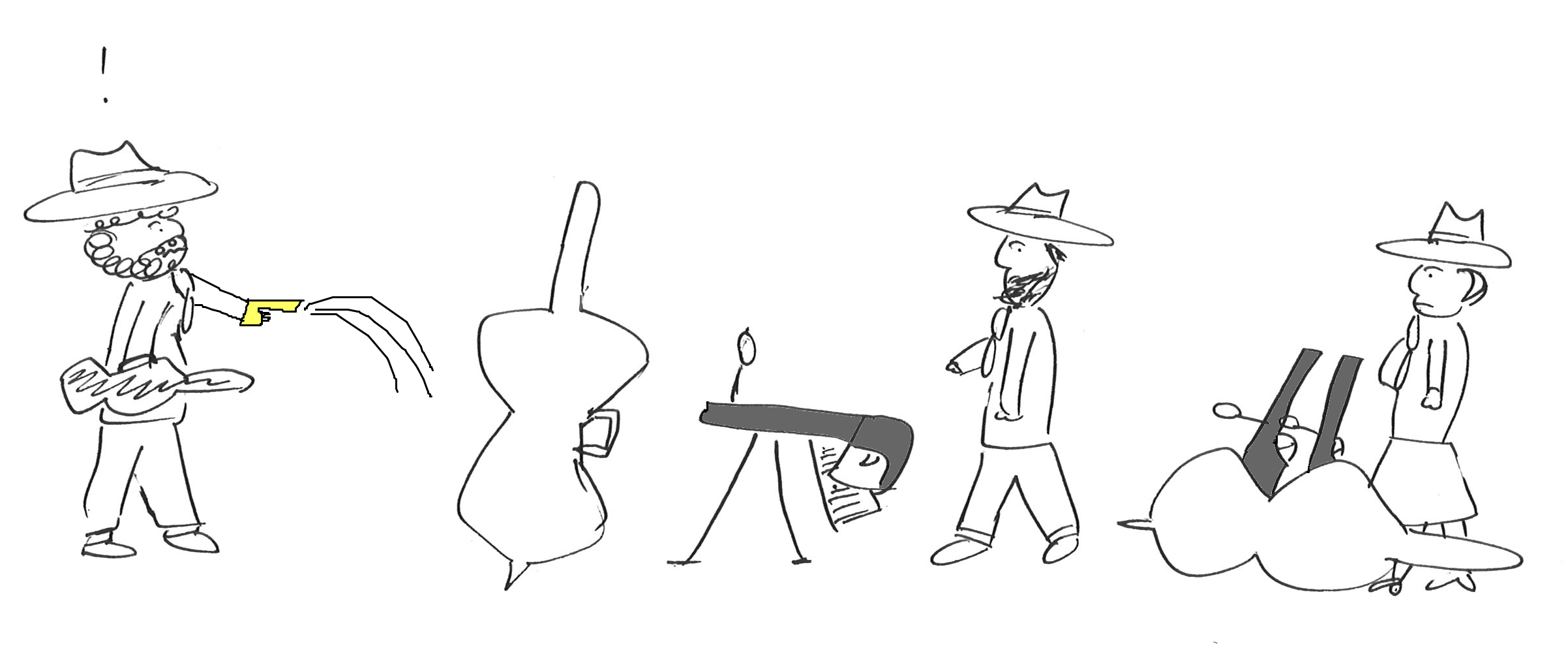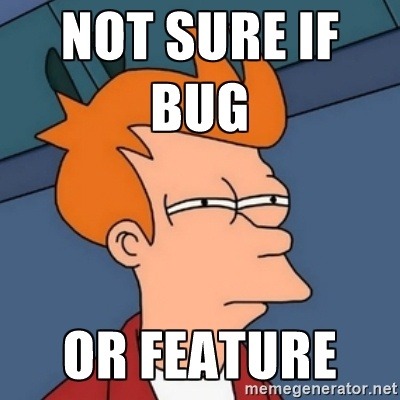We have langue, the system of language, coded in our minds, and it dictates how the things will come out of our mouths. When we find some expression ungrammatical (in its linguistic sense), it’s because it is against langue. This is however an abstract system, and when words come out, the result is parole. That’s the actual representation of langue. Parole has all the varying outcomes of language, whereas langue, the system behind it, is homogeneous.
We could easily assume that the parole side of language is social. Sociolinguists research this social variation occurring for example in different situations. But no, when we observe language as an entity, this side is really individual. It sounds paradoxical, but it is langue that is social. Although it is the abstract system in everybody’s brains, it is formed socially: we got the system of language when we as little children listen to grown-ups. The system in our cognition comes to be as it is because the others have it in that form as well.
It is easy to think that langue is the core where everything comes from. Well, it is in that sense that we produce and understand language based on it. But still it is not, because it exists because of parole. We wouldn’t have langue in our heads if we hadn’t first heard parole. Parole also causes the changes to the langue. The individual ways of speaking always change for some reason, and when the changes spread to masses of speakers, they become part of langue, and thus they will be used because the abstract codex says so. This is why the nature of this abstract system is social.






